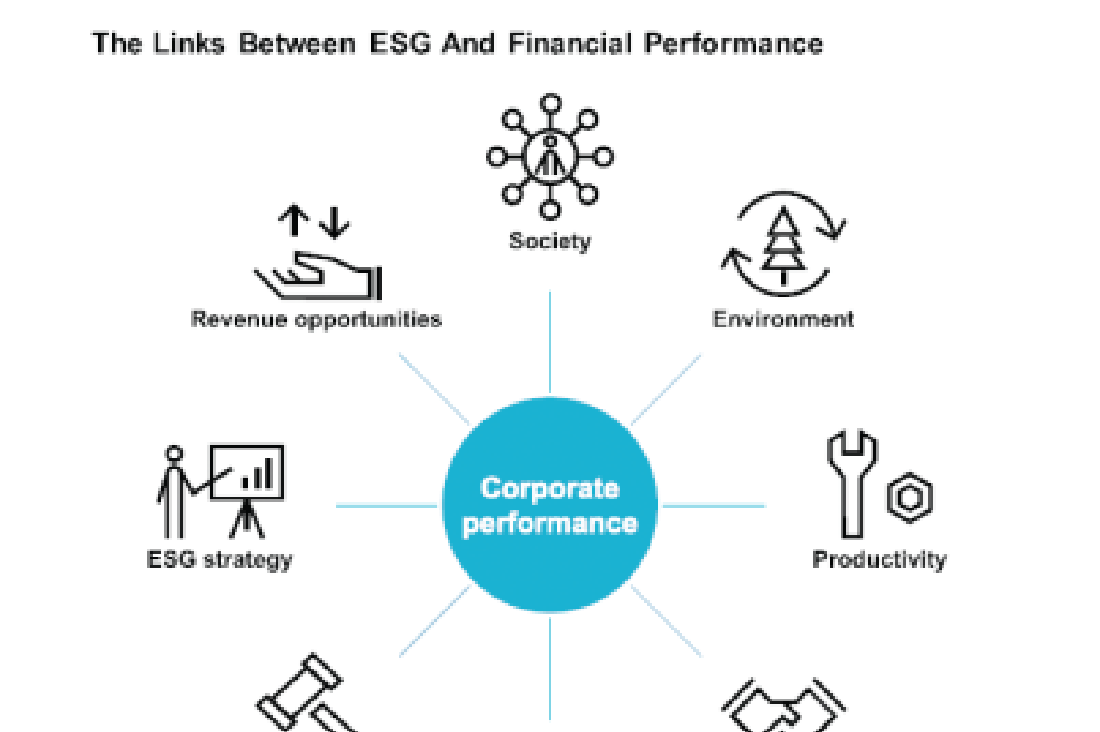
Sustainability of country’s banking sector
November 2019 was a pivotal moment in the country’s banking industry.
The Bank of Ghana (BoG) released the Sustainable Banking Principles which was to serve as a guide to banks in Ghana to help them operate in a sustainable way.
The banking industry plays a crucial role in financing economic activity and enabling the flow of investments.
However, most banks did not consider their impact on society and the environment for a long time when making strategic decisions.
Various events such as the 2008 financial crisis, the fourth industrial revolution and the COVID-19 pandemic have affected the foundation of the banking industry’s business model, speeding up the digital and sustainable transformation of banks.
Sustainable banking is the delivery of financial products and services, whiles considering the impact on the environment and society, in addition to profitability.
It is almost three years since the Bank of Ghana released the Sustainable Banking Principles, following extensive consultation with the banking sector, and it has been quite a journey.
This move by the BoG is a significant step towards the attainment of the Sustainable Development Goals, the Paris Agreement, and the global drive towards just transition.
We believe that business/commercial growth in accordance with sustainable development is here to stay.
In that regard, we expect to see the incorporation and integration of Environmental, Social and Governance (ESG) principles, in risk assessment and planning, to influence core business strategy in the months and years to come.
Benefits of compliance
As an experienced Sustainability/ESG advisory firm, Deloitte aligns itself with the benefits of compliance, as outlined in the Sustainable Banking Principles, and reiterate that early adoption could in the long-term reduce operational costs, minimise risk and create growth opportunities, among others.
At worst, failure to move with the times, will result in hefty regulatory fines being levied against non-compliant entities, and these entities may also face potential reputational damage.
For these reasons and many more, Deloitte believes that its clients deserve a head start, and a chance to get ahead of the curve by taking the lead to incorporate and integrate the Sustainable Banking Principles in their strategic planning, and also take bold steps in implementing these principles in their operations.
This, the company believes, will set your company apart and make you more competitive in the new age of business.
Deloitte’s experience shows that most banks are already grappling with full compliance with these principles as delicate care is required to maintain a healthy balance of the environmental and social impact compliance requirements, and the incorporation of acceptable corporate governance principles in their operations.
This is largely due to the specialised expertise and experience in the different components and thematic areas, required in the successful strategic integration and implementation of sustainability/ESG principles in the bank’s business. — Deloitte Ghana